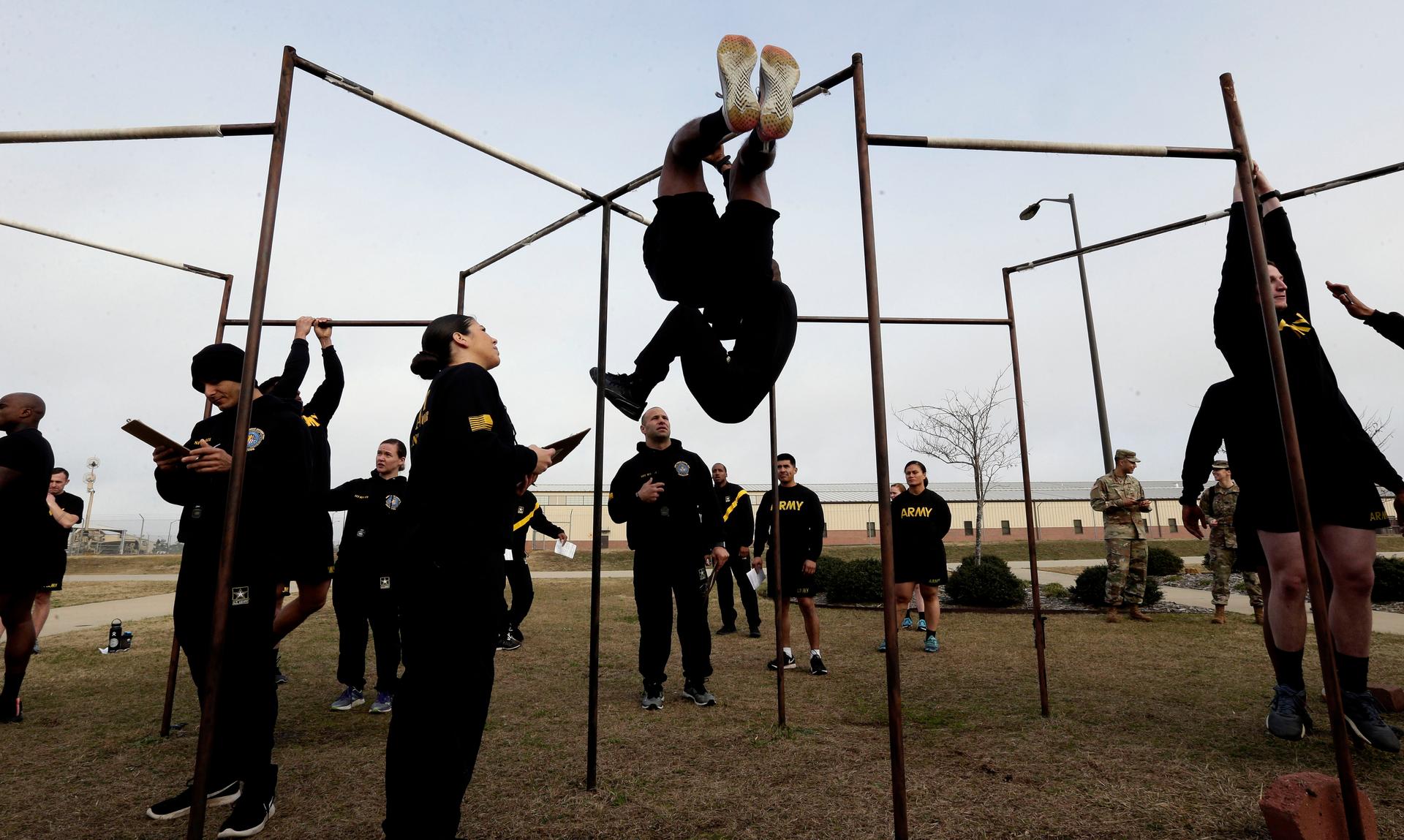This analysis was featured in Critical State, a weekly newsletter from The World and Inkstick Media. Subscribe here.
Last week, Critical State took a deep dive into how the arrival of women in combat arms specialties in the US military has changed the way the US public views women on the front lines of war. This week, it’s a deep dive into recent research on the state of US opinion about gender in foreign policy overall in the years since the gender integration of combat units.
Related: Gender matters in the military, Part I
In the Journal of Human Rights, political scientists Mary-Kate Lizotte, Richard Eichenberg, and Richard Stoll published the results of a 2017 national survey they ran with the polling firm YouGov that asked people their feelings about gender equality as a goal of US foreign policy. Their survey drilled deeper on policy preferences than previous surveys on the topic. Rather than simply asking whether people supported gender equality, Lizotte et al.’s survey asked whether they supported particular programs, and the spending it would take to make those programs a reality.
Related: Civilian labor in reconstruction: Part II
The topline results of the survey were encouraging for advocates of a feminist US foreign policy. Replicating the results of previous polls, Lizotte et al.’s study found high levels of support for the overall concept of gender equality as a goal of foreign policy. Beyond that, they also found that support for particular policies toward that end — from expanding access to family planning to reducing military aid to countries that discriminate against women — ranges between 63% and 93%, even when people consider the costs.
Below the topline, however, things get slightly more complicated. Lizotte et al. wanted to know the underlying reasons for people’s support for pro-gender equality foreign policies. Some correlations were unsurprising — women, for example, are significantly more likely to support gender equality as a foreign policy goal than men. Similarly, a belief in universal values, a preference for global, rather than national, responses to policy challenges, and partisan identification as a Democrat all predict support for gender equality across all vectors.
Related: US soldiers learn ‘democratic values’ but US also trains dictators
Other results, however, were more surprising. Racial identification as Black or Hispanic had no effect on support, despite earlier studies showing that Black Americans disproportionately support gender equality in domestic policy. Also, respondents who expressed “isolationist” views on global affairs were less likely to endorse a pro-gender equality approach to foreign policy, but when presented with actual policies to support their preferences, were statistically no different than the average. Finally, women’s support for pro-gender equality policies was often better explained by their support for universal values than their gender. In some cases, including universalism in the regression removed the effect of gender on support altogether.
In all, US support for feminist foreign policy is strong, even when the public is presented with specific pro-gender equality policies. That support draws on some widely held principles about gender equality as a universal value and the value of international cooperation. Lizotte et al.’s study is good news for internationalists hoping to chart a new US foreign policy approach. Even their most putatively controversial policy preferences, it turns out, are largely popular with the US public.
Critical State is your weekly fix of foreign policy without all the stuff you don’t need. It’s top news and accessible analysis for those who want an inside take without all the insider bs. Subscribe here.
